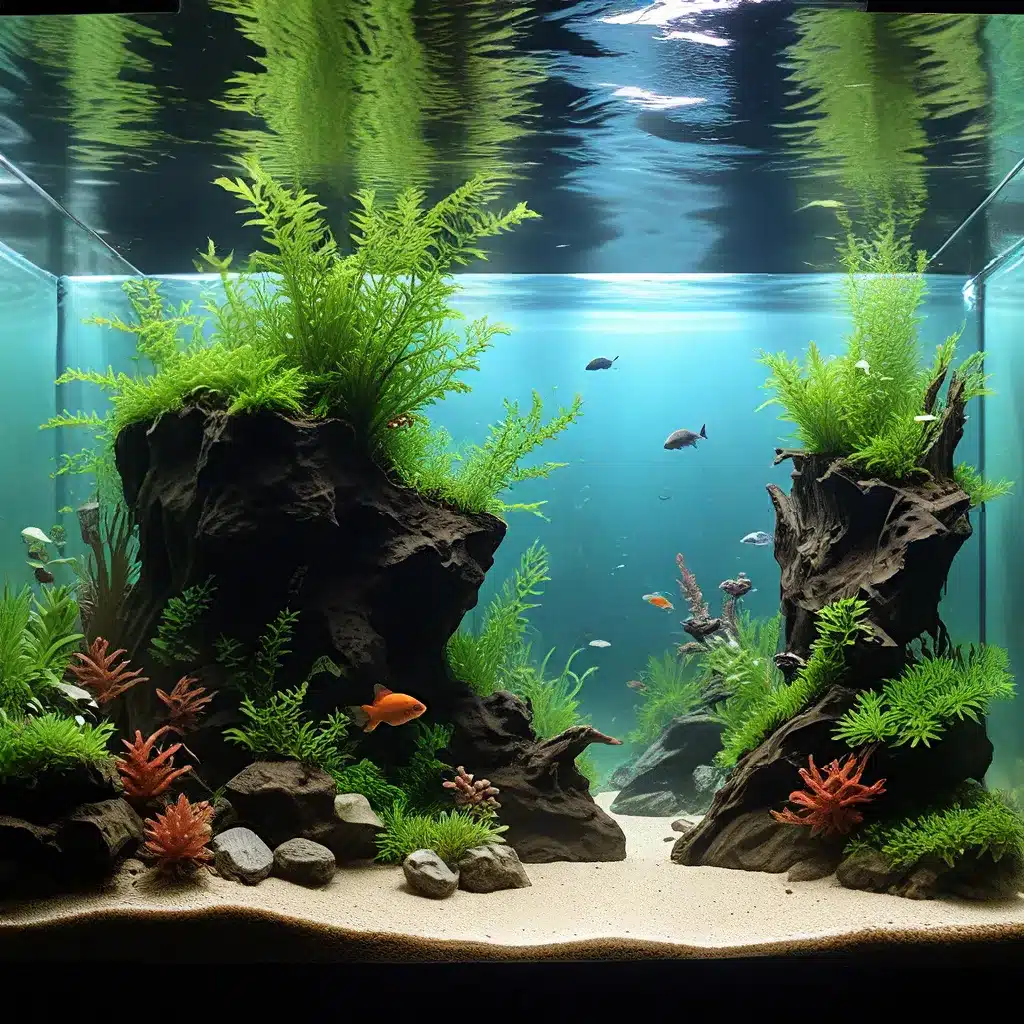
Navigating the Complexities of Aquarium Legislation
In the dynamic world of aquarium keeping, the debate surrounding the sustainability of the hobby has become increasingly complex. While well-meaning legislation aimed at protecting marine ecosystems may seem admirable on the surface, the reality is often far more nuanced. The Saving NEMO Act (HR 6447) is a prime example of how even the most well-intentioned efforts can have unintended consequences that threaten the very foundations of the aquarium trade and hobby.
At the heart of the issue lies a clash between the goals of environmental conservation and the preservation of a vibrant, educational, and economically sustainable aquarium industry. The proponents of the Saving NEMO Act claim to be driven by the noble intentions of preventing the import and collection of marine organisms through destructive practices or those with poor survival rates in captivity. However, a closer examination reveals that the language used in the bill is vague and overbroad, creating a legal framework that could effectively shut down the entire aquarium trade and hobby in the United States.
Debunking the Myths: Aquarium Trade Sustainability
Contrary to the narrative pushed by radical activists, the aquarium trade and hobby are already highly regulated. Importing fish obtained through illegal fishing methods is already prohibited under the Lacey Act, and international trade is monitored and regulated through CITES to ensure it does not cause detriment to wild populations. Furthermore, the collection of aquarium fish within the United States is managed by state fish and wildlife agencies, as well as federal regulations.
The reality is that the aquarium trade and hobby have made significant strides in promoting sustainable practices. Advancements in aquaculture and mariculture have led to the successful captive breeding of many species once considered impossible to keep in home aquariums. Corals, such as Acropora and Goniopora, which were once thought to be too delicate for hobbyist setups, are now being successfully cultivated by numerous enthusiasts.
The Unintended Consequences of Misguided Legislation
The proponents of the Saving NEMO Act, however, appear to have a different agenda. Rather than encouraging and supporting the sustainable development efforts within the aquarium industry, they are actively seeking to eliminate it altogether. The bill’s language is intentionally designed to create insurmountable standards for fishers, exporters, aquaculture and mariculture facilities, and importers, making it virtually impossible for them to continue their operations.
The impact of such legislation, if passed, would be devastating. Tens of thousands of jobs around the world would be lost, with countless people in developing countries who currently work in sustainable aquarium fishing, aquaculture, and mariculture forced to seek employment in less sustainable industries. This would not only harm the livelihoods of these individuals but also undermine the coral reef conservation efforts and sustainable development initiatives that the aquarium trade has supported.
Empowering Aquarium Enthusiasts: Taking Action
As aquarium enthusiasts, we have a responsibility to protect the hobby we love and the environmental benefits it provides. By engaging with our elected representatives and voicing our concerns, we can play a vital role in shaping the future of the aquarium industry.
The National Animal Interest Alliance encourages aquarists to contact their Congressional representatives and express their opposition to the Saving NEMO Act. By sharing the educational, economic, and conservation benefits of the aquarium trade, we can help ensure that sustainable practices are promoted, and the aquarium hobby is protected for generations to come.
Embracing a Sustainable Future: Aquarium Stewardship
As aquarium enthusiasts, we have the power to shape the future of our hobby. By advocating for sensible legislation, supporting sustainable initiatives, and educating ourselves and others, we can ensure that the aquarium trade and hobby continue to thrive while protecting the natural environments we cherish.
One of the ways we can contribute to this sustainable future is by embracing responsible aquascaping practices. This includes selecting native or sustainably sourced aquatic plants, implementing effective filtration systems, and maintaining optimal water quality to provide our finned and invertebrate companions with the best possible living conditions.
By demonstrating our commitment to sustainability, we can inspire others to join us in our mission to preserve the aquarium hobby and its vital role in environmental education, coral reef conservation, and sustainable economic development. Together, we can be the change we wish to see in the aquarium world, ensuring that the joy and wonder of keeping aquatic life is available for generations to come.

